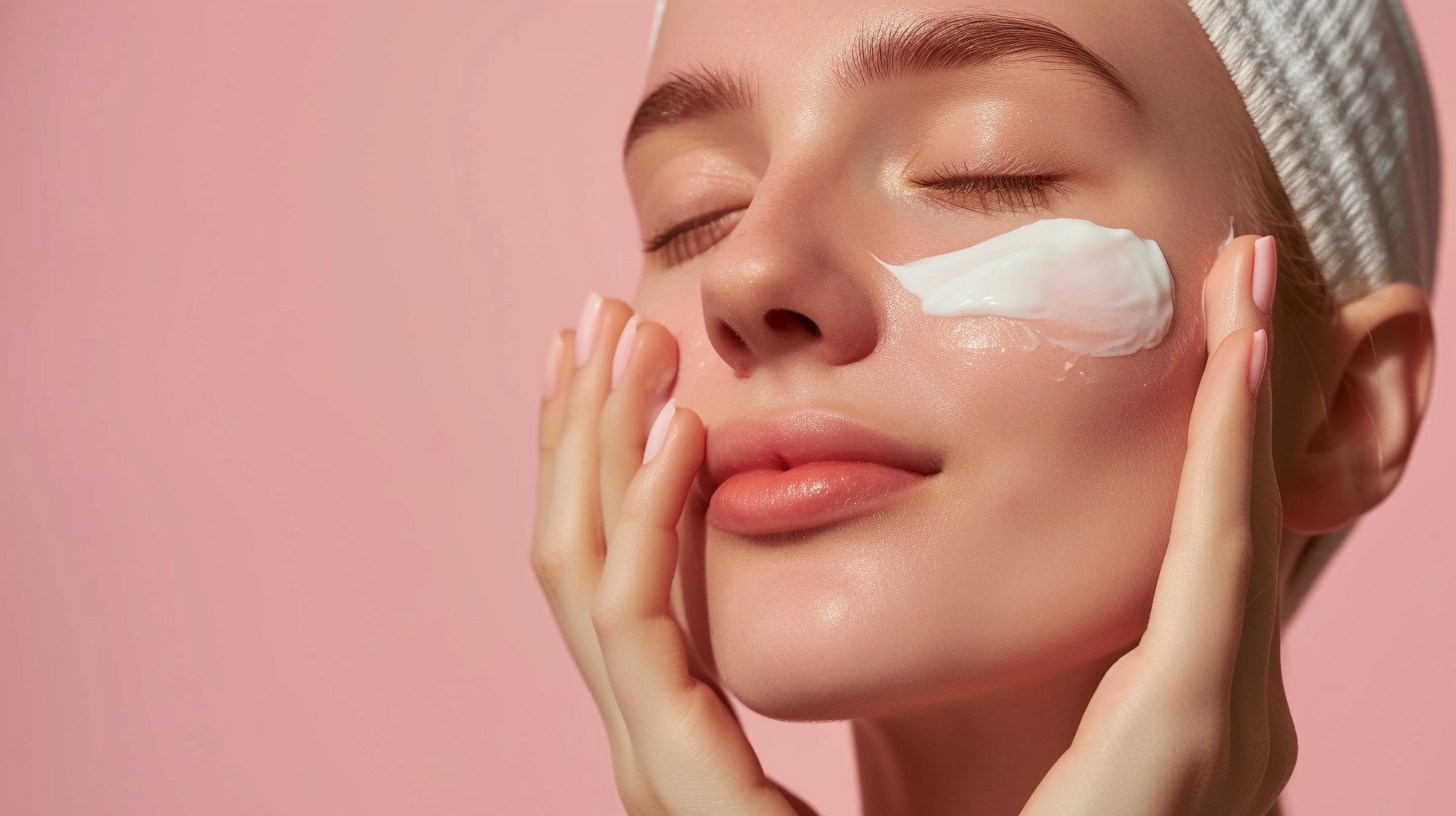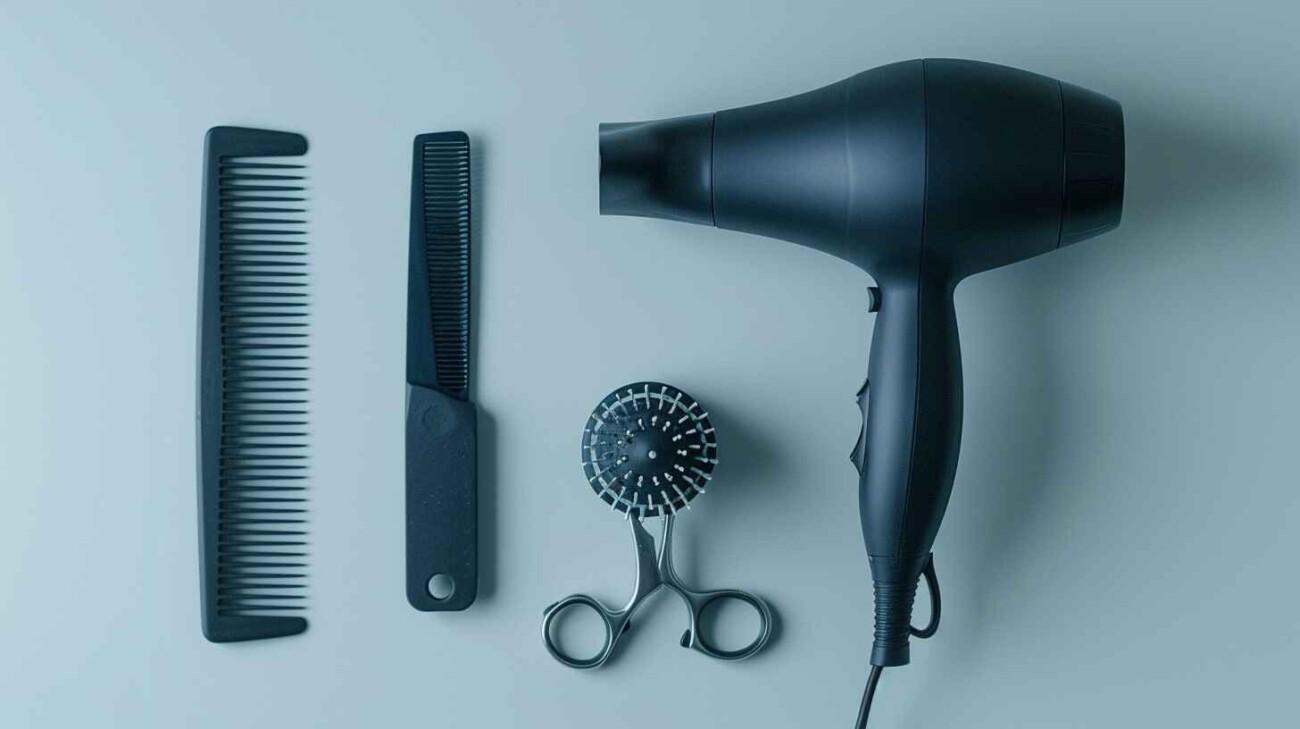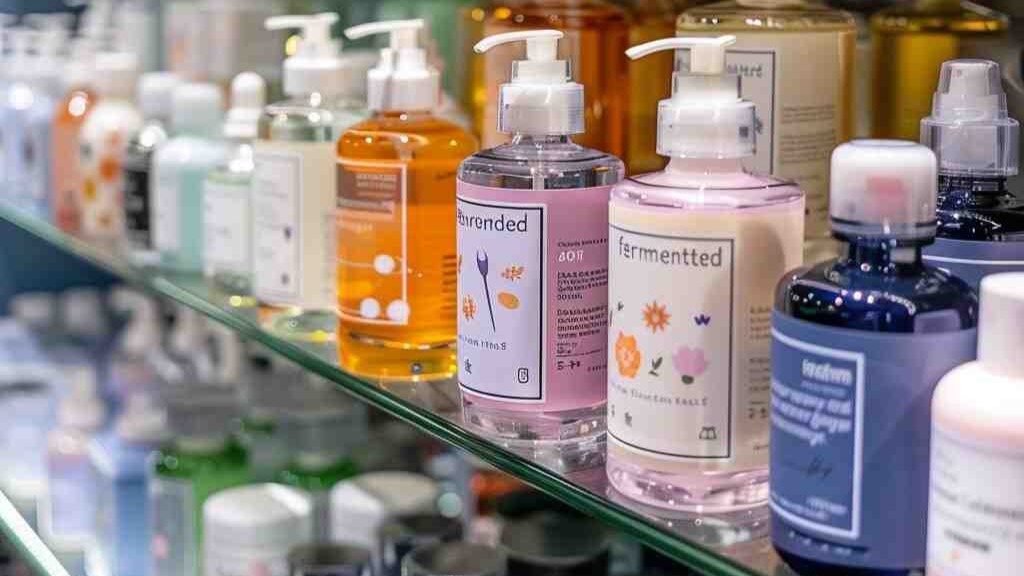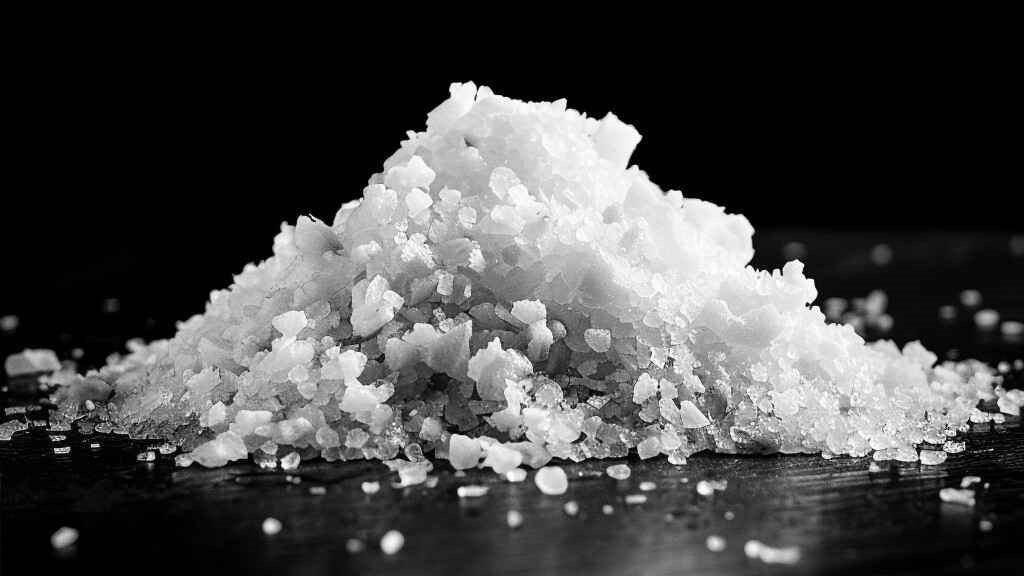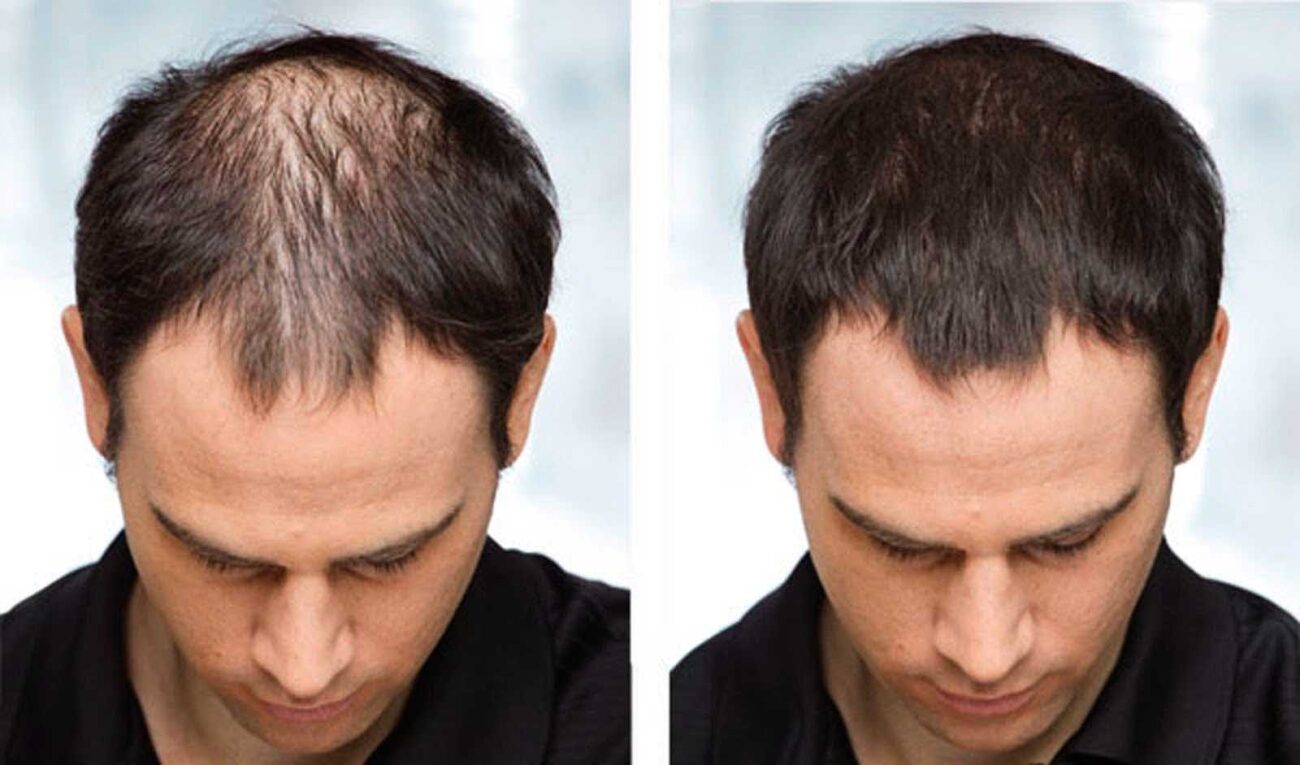Imagine having clear, clean and glass-like skin without any traces of pimples, bumps and dryness on your face. Not long after, you end up disappointed with confronting the reality of flawed skin. But what if I say you can have this imagination come true by knowing one magical ingredient? Secret alert! The super-duper formula every celebrity uses to preserve their age and stay young forever is Hyaluronic Acid (HA). Today, let us look into the various skin benefits of hyaluronic acid and why it is important to include it in your skincare routine.
What is Hyaluronic Acid?
Hyaluronic acid (molecular formula C28H44N2O23) is a glycosaminoglycan, a type of molecule composed of sugar chains. It is the most versatile macromolecule present in the connective tissues (joints and knees) of all vertebrates. Its unique structure allows it to retain a significant amount of water, making it a powerful hydrator. And it’s a super-sponge molecule!
Natural Occurrence in the Body
Naturally found in our connective tissues, eyes, and skin, hyaluronic acid plays a crucial role in maintaining moisture levels. However, as we age, the levels of hyaluronic acid in our bodies decrease, leading to drier skin and the appearance of wrinkles. Thus, the use of hyaluronic acid after a age becomes a necessity and surprisingly many of them are not even aware of this compound. To know how it provides skin benefits, let us move further.
Also Read: Sali-Cinamide: A powerful duo for glass-like skin
How Hyaluronic Acid Benefits the Skin
Now you know the superficial information about Hyaluronic acid, you need to see what its benefits are in replenishing our skin. by knowing the wonders of this magical compound, you can look flawless just by incorporating hyaluronic acid into your skincare routine.
Serves Moisture Retention
One of the most well-known benefits of hyaluronic acid is its ability to retain moisture. Just one gram of hyaluronic acid can hold up to six liters of water! This hydration boost keeps the skin plump and smooth.
Supports Skin Elasticity
You might have noticed the loosened skin among old people, especially on their soft wrinkled hands. This is because their bodies synthesise very little amount or no hyaluronic acid. Another reason could be the rate of metabolism. Hyaluronic acid helps maintain the skin’s elasticity by keeping it well-hydrated. Elastic skin is more resilient and less prone to developing fine lines and wrinkles.
Fun fact: you can check your natural elasticity by pulling out the skin. If it goes in right after you pinch, you possess high elasticity. And if this is not the case, your skin has low elasticity. The faster it sets, the more the elasticity is. Try to drink more water and take hyaluronic acid-rich foods like avocados, soy-based foods, and Red wine etc. (in-depth details below)
Helps in Diminishing Wrinkles and Fine Lines :
The hyaluronic acid gives the skin a more young and radiant appearance by filling in and smoothing out fine lines and wrinkles with its deep hydration. Skin Booster Hyaluronic Acid serum is one product that has been carefully developed to maximize this effect and give noticeable improvements in skin smoothness.
Holds Anti-Aging Properties
Age Reversing is the fourth skin benefit you can obtain from using Hyaluronic Acid. By providing intense hydration, hyaluronic acid helps reduce the appearance of wrinkles and fine lines, giving the skin a more youthful look. It also promotes the regeneration of skin cells, which aids in the healing and repair process. Research has been going on this compound to find its remaining skin benefits.
Scientific Fact Alert: HA, alone or in combination with lidocaine and other co-agents, showed promising efficacy in skin tightness and elasticity, face rejuvenation, improving aesthetic scores, reducing wrinkle scars, longevity, and tear through rejuvenation.
Mechanism of Action
Every compound has its unique way of mechanism in providing yield to us. unlike salicylic acid and niacinamide, Hyaluronic Acid has its own way of mechanism of action, giving us the best look with its properties.
Hydration at a Cellular Level
Hyaluronic acid works by penetrating the skin’s surface and delivering moisture to the deeper layers. This deep hydration not only plumps the skin but also helps improve its overall texture and tone.
Interaction with Skin Cell
Hyaluronic acid interacts with the skin cells to boost their hydration levels. It also helps regulate water balance, ensuring that the skin remains hydrated throughout the day.
Hyaluronic Acid in Skincare Products
Types of Forms and Products Available
Hyaluronic acid can be found in a variety of skincare products, including
-
- serums
- Creams
- Gels
- Lotion
- Serum
- masks
- Intra-dermal filler injections
- Dermal fillers
- Facial fillers
- Autologous fat gels and
- Implants
Each product type offers unique benefits and can be tailored to fit different skincare needs.
Note: The concentration of hyaluronic acid in a product can vary, affecting its efficacy. Higher concentrations are typically found in serums and are more effective for deep hydration.
Daily Skincare Routine with Hyaluronic Acid
Morning Routine
In the morning, applying your preferred brand of hyaluronic acid serum after cleansing can help keep your skin hydrated throughout the day. Follow it up with a moisturizer and sunscreen to lock in the moisture and protect your skin from UV damage.
Night Routine
At night, hyaluronic acid can be used to repair and regenerate the skin. After cleansing, apply a hyaluronic acid serum, followed by a heavier night cream to seal in the moisture.
Combining Hyaluronic Acid with Other Ingredients
Vitamin C
Combining hyaluronic acid with vitamin C can enhance its hydrating effects while also providing antioxidant protection.
Note: Check whether vitamin C is sodium ascorbyl phosphate – an ester and not L-Ascorbic acid as the latter needs a low pH, up to 4 and won’t do much in a 5–7 pH required for hyaluronic acid to perform.
Before buying, check the amount of vitamin C in the serum. More than 5% of presence would be risky as it can cause too much irritation.
Retinol
Using hyaluronic acid with retinol can help counteract the drying effects of retinol, making it a powerful anti-ageing combination.
Niacinamide
Niacinamide, known for its anti-inflammatory properties, pairs well with hyaluronic acid to calm and hydrate the skin.
Natural Sources of Hyaluronic Acid
Like every other vitamin and mineral available in foods, hyaluronic acid can be consumed through conscious intake. Fueling our body with hyaluronic acid-rich food uptakes could boost our skin benefits
Foods Rich in Hyaluronic Acid
-
- Green leafy vegetables
- Avocado
- Soy-based foods
- Sone broth
- Almonds and cashews
- Dark chocolate
- Red wine
- Potatoes
- Sweet potatoes
- Root vegetables
- Bananas
- Peppers
- Beans
Supplements
Furthermore, Hyaluronic acid is also available in the form of supplements and can be taken to support skin health and hydration.
Proponents claim that hyaluronic acid supplements can help with the following health problems:
Also Read: Foods that help combat dandruff
Here are some additional tips:
-
- Apply hyaluronic acid to damp skin: Hyaluronic acid attracts water, so applying it to damp skin allows it to function most effectively.
- Layering hyaluronic acid with other products: Generally, hyaluronic acid goes on before thicker creams or moisturizers to help them penetrate the skin.
- Moisturizers usually contain low amounts of hyaluronic acid. A good quality serum has a HA concentration of 1%. Therefore, the moisturizer and the serum will have a synergistic effect.
If you have any concerns about using hyaluronic acid with other products in your skincare routine, it’s always best to consult a dermatologist.
Myths and Misconceptions
Common Myths Debunked
One common myth is that hyaluronic acid is only for dry skin. In reality, it benefits all skin types by balancing hydration levels.
Facts vs. Fiction
It’s important to differentiate between marketing claims and scientific facts. While hyaluronic acid is beneficial, it’s not a miracle cure and should be part of a comprehensive skincare routine.
Hyaluronic acid is a powerful skincare ingredient that offers numerous benefits, from intense hydration to anti-ageing properties. Making a habit of using it in your daily routine can help keep your skin healthy, youthful, and glowing. Whether you choose to use it in a serum, cream, or mask, hyaluronic acid is a versatile and effective addition to any skincare regimen.
Disclaimer: Always do a patch test first to see if your skin is allergic to any of the ingredients. Since everyone’s body and skin type is different, results can also vary from person to person.
FAQs
1. What is the best way to use hyaluronic acid?
The best way to use hyaluronic acid is to Apply it to damp skin after cleansing and before moisturizing to lock in hydration.
2. Can hyaluronic acid cause breakouts?
No, given it is non-comedogenic, meaning it won’t clog pores. However, it’s essential to choose a product suitable for your skin type.
3. How often should I apply hyaluronic acid?
Hyaluronic acid can be applied twice a day, in the morning and evening, as part of your skincare routine.
4. Is hyaluronic acid safe for all skin types?
Yes, hyaluronic acid is safe for all skin types, including sensitive and acne-prone skin. It helps balance hydration without causing irritation.
5. Can I use hyaluronic acid with other skincare products?
Yes, Absolutely! Hyaluronic acid can be used with various other skincare ingredients, including vitamin C, retinol, and niacinamide, for enhanced benefits.
6. Where can I find hyaluronic acid products?
You can get hyaluronic acid-based products at great deals on platforms like Amazon, Flipkart, Nykaa etc. However, if you want to buy them for never-before prices with a wide range of top brands, checkout our website MrMard.com






